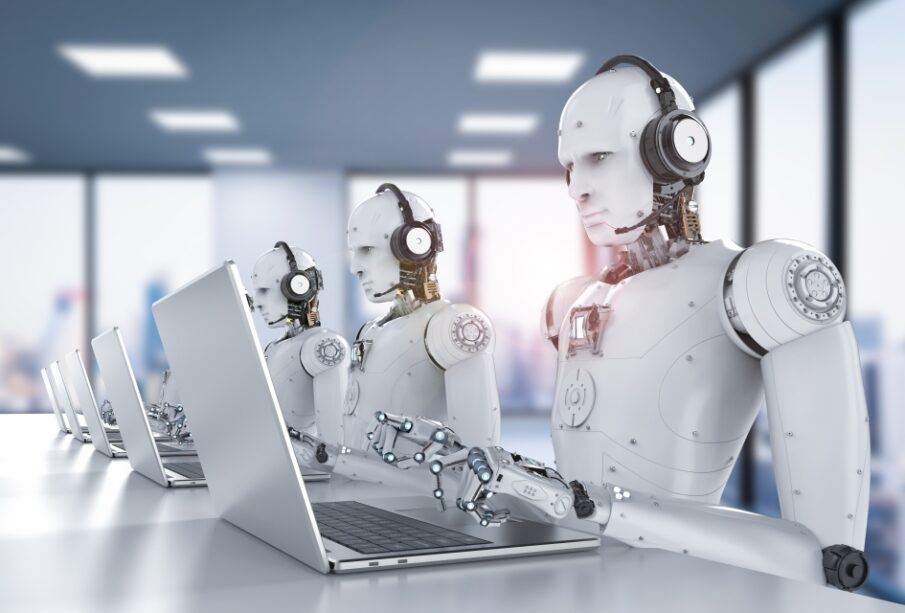IBM to stop recruiting, may replace 7,800 jobs with AI

The Chief Executive Officer of the International Business Machines Corporation, Arvind Krishna, has said the company will pause job recruitment for human roles that could be replaced with artificial intelligence in five years.
Krishna, in an interview with Bloomberg, said hiring in back-office functions such as human resources will slowly fade out as he believes AI would literally replace them.
The CEO of the giant technology firm said with the company having 26,000 workers handling non-customer-facing roles, he could “easily see 30 percent of that getting replaced by AI and automation over a five-year period.”
This means about 7,800 jobs will be lost.
Artificial intelligence is the simulation of human intelligence processes by machines, especially computer systems. Specific applications of AI include expert systems, natural language processing, speech recognition, and machine vision.
“More mundane tasks such as providing employment verification letters or moving employees between departments will likely be fully automated.
“Some HR functions, such as evaluating workforce composition and productivity, probably won’t be replaced over the next decade.
“IBM currently employs about 260,000 workers and continues to hire for software development and customer-facing roles. Finding talent is easier today than a year ago,” Krishna said.
Earlier this year, the IBM announced job cuts expected to affect about 5,000 workers once completed. However, Krishna said IBM has added to its workforce overall, bringing on about 7,000 people in the first quarter.
Meanwhile, the IBM boss’ comments comes at a time when people around the world are fascinated by the ability of AI technology following the launch of Microsoft Corp-backed OpenAI’s viral chatbot, ChatGPT, in November last year.
Recent reports have also shown that machines or AI will take over millions of full-time jobs from humans.
Late last year, a number of organisations such as Meta, Amazon among others have laid off workers due to macroeconomic challenges.











